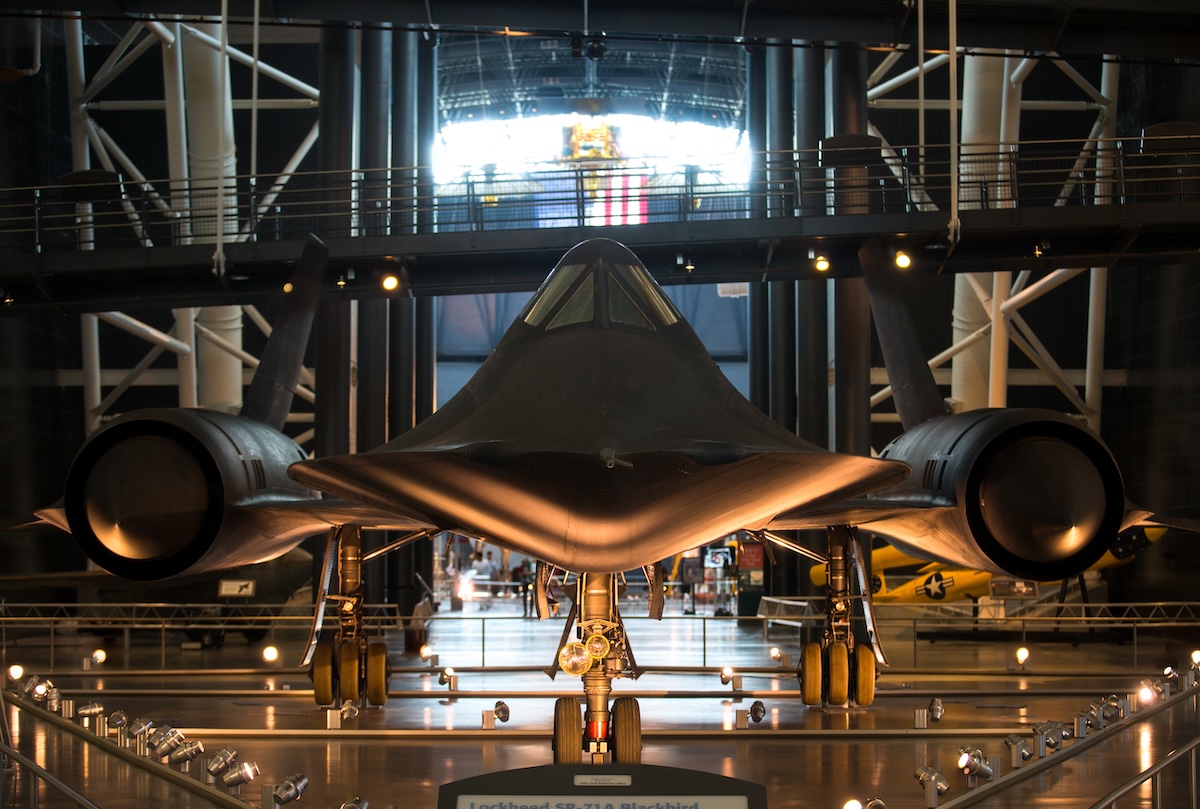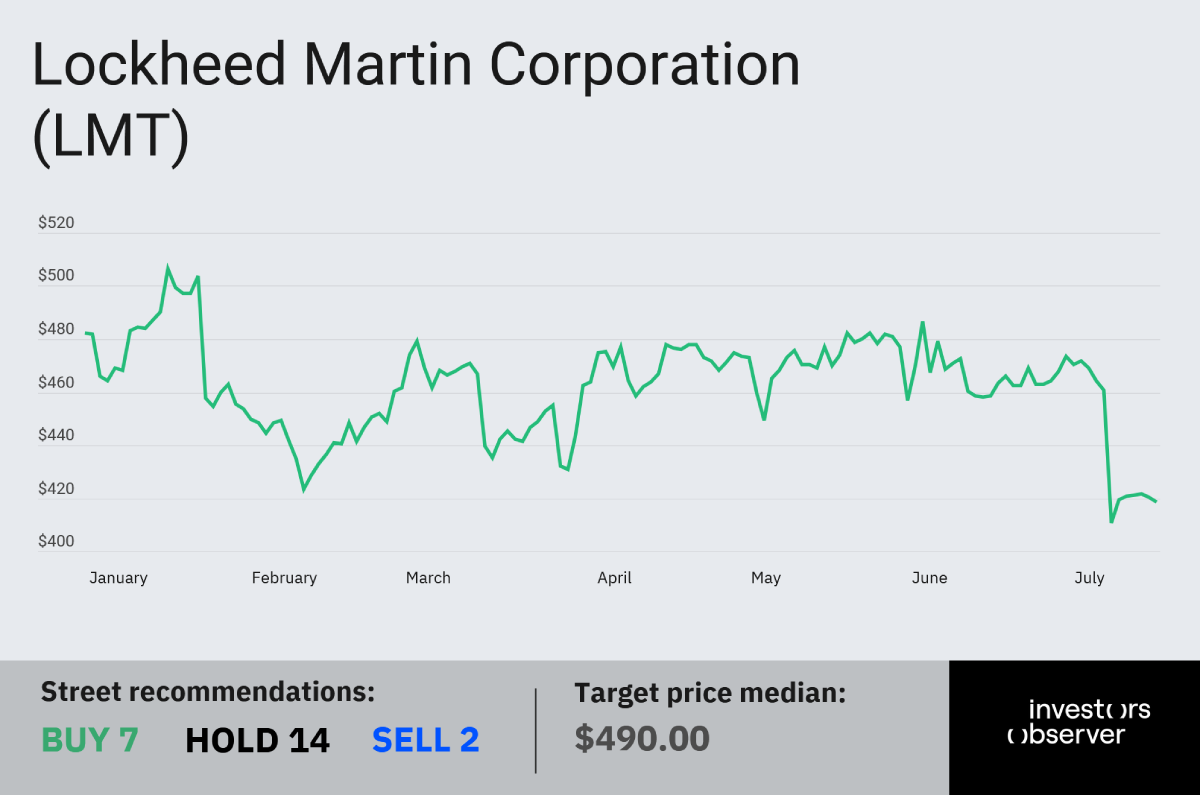
Lockheed Martin (LMT) has landed two new contracts worth a combined $61.7 million for work on the F-35 Joint Strike Fighter program, according to the Department of Defense.
The first deal is a $33.4 million modification to a prior contract for Israel’s F-35 program.
The upgrade will support software development and systems engineering under Phase II of the System Development and Design effort, with completion expected by July 2026.
The second award, valued at $28.3 million, provides integration services for an unnamed foreign military customer.
The Pentagon says the work will include engineering, program management, on-site support, technical and financial services, and country-specific operations.
Both contracts will be overseen by the Naval Air Systems Command in Patuxent River, Maryland.
Lockheed’s cash cow
The F-35 program currently accounts for 30% of Lockheed Martin’s total revenue.
As the nation’s largest aerospace and defense contractor, the company supplies fighter jets, missiles, and spacecraft to agencies including the Department of Defense, the Department of Energy, and NASA.
While the F-35 remains a core business, Trump has floated plans for a next-generation F-55 fighter jet, which is a proposal many experts doubt is feasible.
Lockheed CEO Jim Taiclet has nonetheless said the company could deliver it. “We will have a successful program,” he told Fox Business, though he cautioned, “it will be expensive.”
Trump’s vision calls for 3,500 F-55 jets to be built over several decades, with flights continuing into the 2080s. But beyond the F-35 and the hypothetical F-55, Lockheed has hinted at something more ambitious.
New “magical” aircraft?
During its latest earnings call, Taiclet referenced a “magical” classified aeronautics project that he described as a “game-changing capability for our joint U.S. and international customers.”
While details remain under wraps, Taiclet said the program is already attracting high demand.
“It is critical that it be successfully fielded,” he noted, adding that Lockheed aims to “continue to reduce risk over the next few years” as it advances the system.
The secrecy has even affected Lockheed’s financials.
Profits plunged 80% in Q2, which Taiclet attributed to the ongoing development of the classified program. And investors shouldn’t expect clarity anytime soon.
“That’s the nature of something of this magical status,” he said. “We probably won’t be able to talk about what that is for many years to come.”
Lockheed Martin’s stock is down 13.8% year-to-date.

Your email address will not be published. Required fields are markedmarked